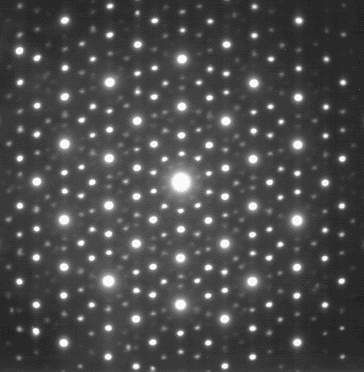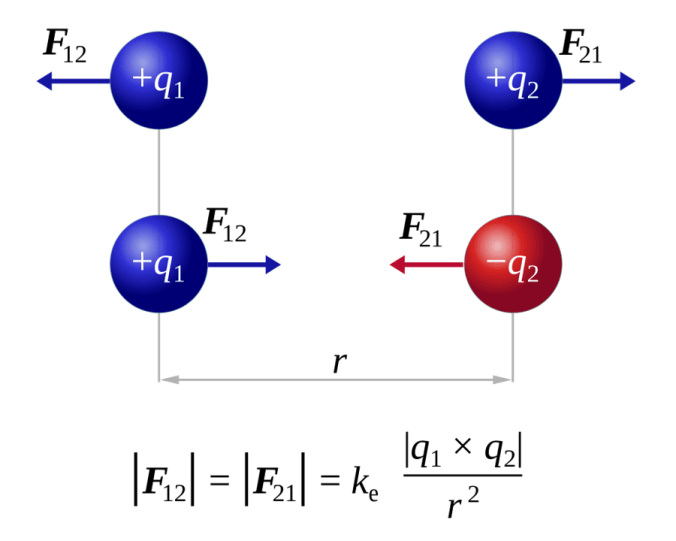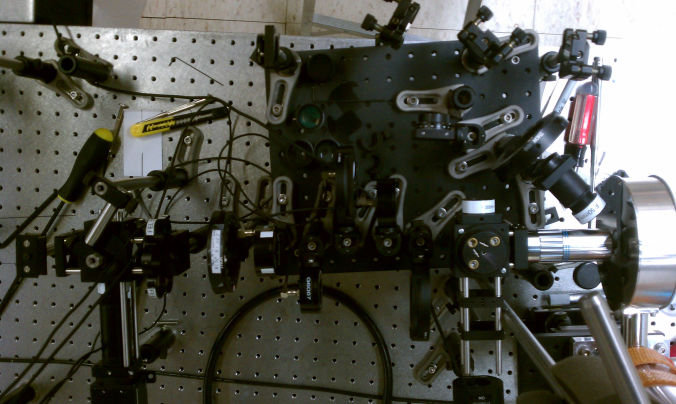
Physics 4061/5061 – Geometrical and Physical Optics
This class is intended to be an introduction to optics including reflection, refraction, diffraction, lenses, polarization, birefringence, interference, coherence, and selected introductory topics in modern optics.
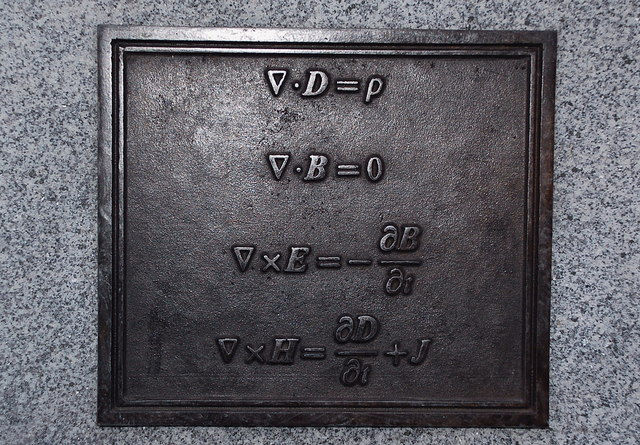
Physics 4031/5031 – Electricity And Magnetism
This class, the first in a series, is intended to be an introduction to electrodynamics. We will begin with a review of vector analysis and calculus, cover electrostatics and Coulomb’s Law, discuss special techniques for solving electrostatics problems, electrostatic fields in matter, effects of magnetostatic fields on charges, generation of magnetostatic fields by steady currents, Biot Savart Law, vector potential, magnetostatic fields in matter, and finish with the topics of magnetization and magnetic susceptibility.
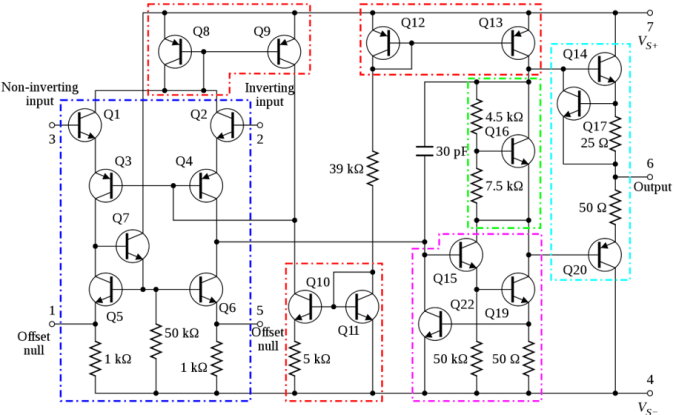
Physics 2701 –Electronics Lab
This class is intended to be an introduction to basic electronic circuits by integrating design and analysis with hands-on circuit construction. We will cover topics including DC electronic elements, passive components, AC circuits, and active components. By the end of the course you should feel knowledgeable and comfortable enough with basic electronic circuits to design and build your own custom (and possibly even useful!) circuits.
